Once implemented, Reservoir will become first in State to have hi-tech feature of operating crest gates sitting at office
Mysore/Mysuru: The Krishna Raja Sagar (KRS) Dam in Mandya district is all set to achieve the distinction of being the first reservoir in Karnataka to implement SCADA system of water monitoring for real-time and live data.
This system, called Supervisory Control and Data Acquisition (SCADA), will monitor the inflow of water to the Dam and also outflow through each of the 158 sluice gates or crest gates. Of the 158 gates, 152 gates are used to release water at various levels of the Dam and at present, a project to replace 136 gates is under progress with Rs. 69.52 crore World Bank funding.
Along with the replacement of 136 crest gates, the project to implement the SCADA system is also underway. Once implemented, the Dam will have a hi-tech feature where officers can monitor the entire water data by sitting in their offices and also operate the gates of the Dam by just pressing buttons. Now the gates are operated manually where gates are lifted through cables and pulleys.
As the manual one is a less accurate and time-consuming process, this new automation system will permit officers and Dam managers to observe as well as control the gates distantly using devices and SCADA software, which minimises errors and time while reducing the cost and increasing the quality of monitoring and controlling mechanisms.
Speaking to Star of Mysore, Cauvery Neeravari Nigama Limited (CNNL) Chief Engineer Shankaregowda said that SCADA is a better tool for controlling and monitoring actions at the Dam and it offers a wide range of controllers and modules which feature high performance, multiple functions and efficient programme tools. “It is a user-friendly programming software with faster execution speed. SCADA ensures efficiency and data is recorded in real-time which will help us analyse water level, inflow and outflow from each of the gates,” he said.
“This technology is much more user-friendly, easily operable, reliable, simple to monitor, and robust,” Shankaregowda added.
The reservoir, constructed across River Cauvery, was conceived and executed by Nalwadi Krishnaraja Wadiyar and Sir M. Visvesvaraya in November 1911 and completed in 1931-32. The Dam is 2.62 kilometres long.
Over the passage of time, there were water leaks, damage and corrosion in the Dam, despite regular maintenance of crest gates, following which the CNNL had replaced 16 crest gates at a cost of Rs.18.8 crore in 2003. Now, the works are on to replace 136 gates with World Bank aid.
The funds were released by the World Bank under the Dam Rehabilitation and Improvement Project (DRIP) based on the request by the Central Water Commission (CWC) that has submitted the Detailed Project Report and the design.
The CNNL had earlier set a target of 2022 but the project has been delayed due to COVID. “Works might further get delayed as monsoon has started and the inflow has increased,” Shankaregowda added.
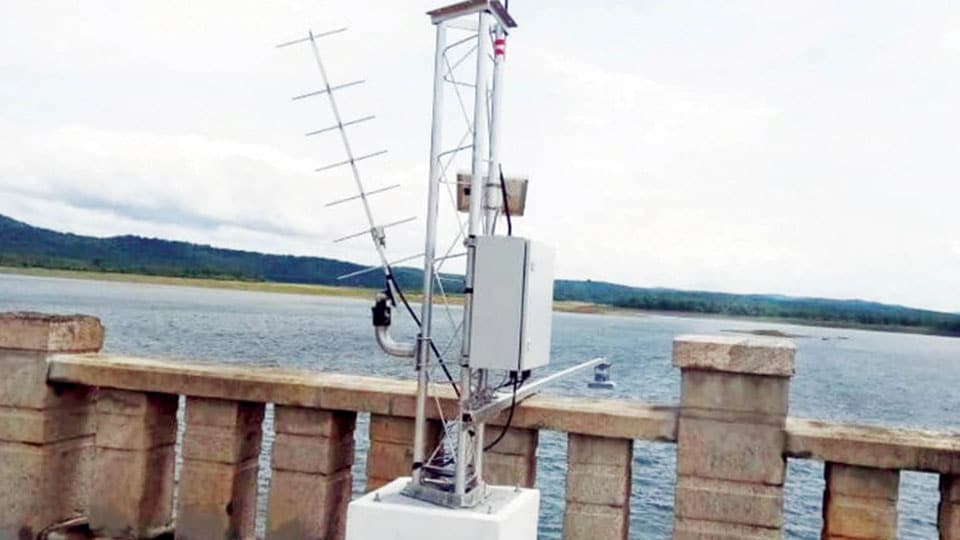
Telemetric Water Gauge
It may be recalled here that in July 2019, a Telemetric Water Gauge (Online Monitoring System) was installed at KRS Dam for sensor-based real-time data on the storage level, inflow and outflow.
The system transmits data to Cauvery Water Management Authority (CWMA) Office in New Delhi and the authorities who decide on the water release as mandated by the Supreme Court need not wait for the data from the Dams. They can easily access the data through the Telemetry Transmission system.
Earlier, CWMA had to obtain data from the reservoir every day to determine storage levels, inflow and outflow. This system was prone to errors as the people manning the Dams take physical measurements. With the Telemetric Water Gauge, errors are eliminated and accurate real-time data can be accessed, making the decision-making process easy and accurate.



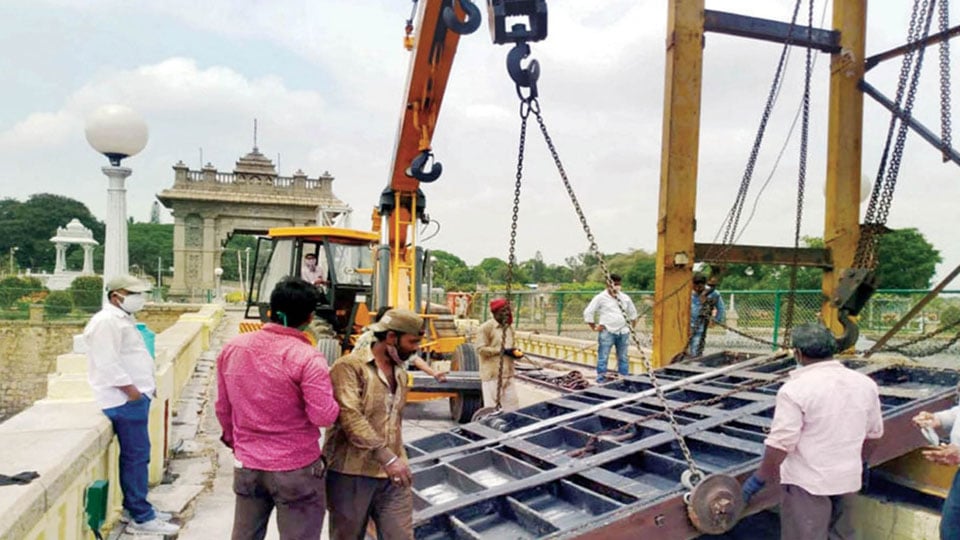
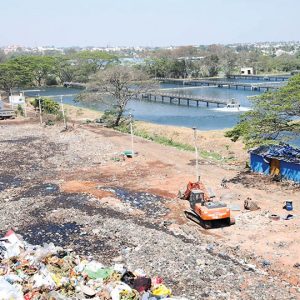
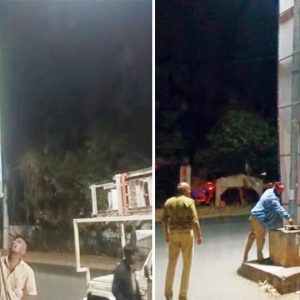
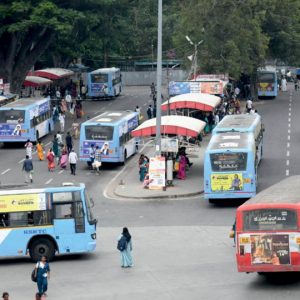
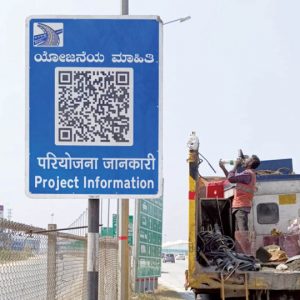
Recent Comments